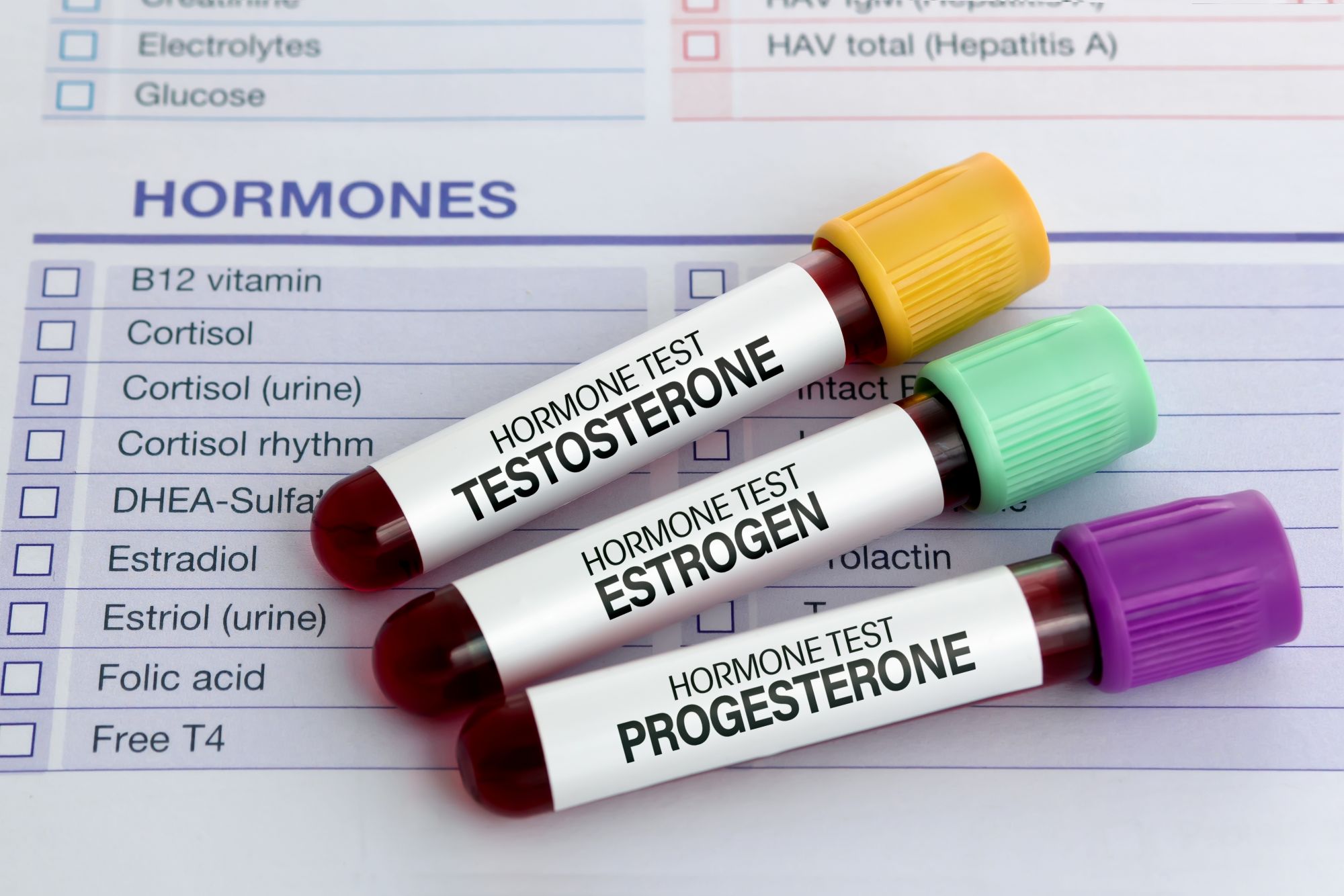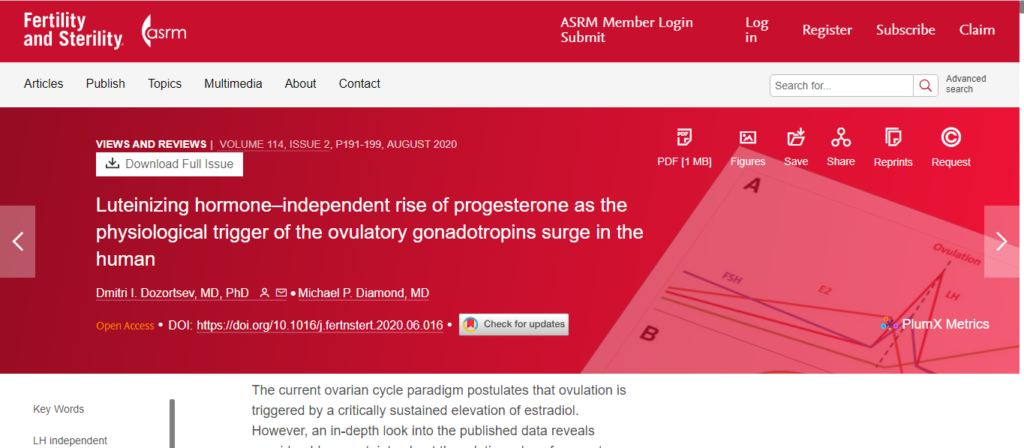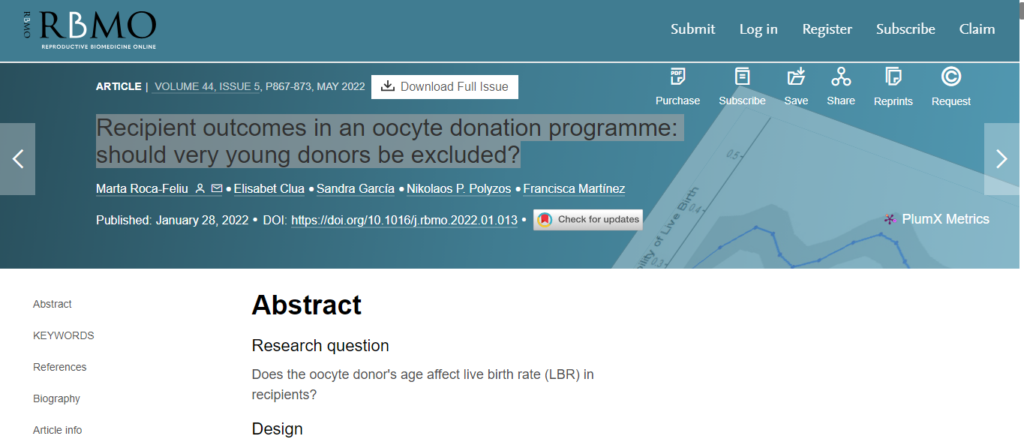At Advanced Fertility Center of Texas, we prioritize efficiency and thoroughness. Our comprehensive evaluation is designed to deliver clear answers, often within a single day.
Women should consider a fertility specialist for the following reasons:

Advanced testing to evaluate reproductive health and identify the best path forward.
Measures FSH, LH, Estradiol, AMH, TSH, and prolactin. This assessment provides insight into ovarian function, menstrual regularity, and endocrine balance.
A targeted test for recurrent implantation failure or miscarriages. This panel helps uncover immunologic factors that may impact fertility.
Evaluates inherited genetic conditions including carrier screening and karyotype analysis, offering personalized recommendations based on family history.

Evaluates mutations affecting folate metabolism.
Assesses bacteria balance for implantation health.
Evaluates systemic inflammation & egg quality.
Direct visualization of the uterine cavity.
Results are typically reviewed within 10–14 days. Once diagnostics are complete, we move forward together.
Comprehensive analysis of all laboratory results, imaging studies, and diagnostic evaluations.
Clear explanation of your diagnosis and available treatment options based on your unique situation.
Outline your customized fertility treatment protocol tailored to your specific needs and goals.

Whether considering gender selection or family balancing, AFCT offers the technology and care to help you succeed.
Schedule a Consultation
